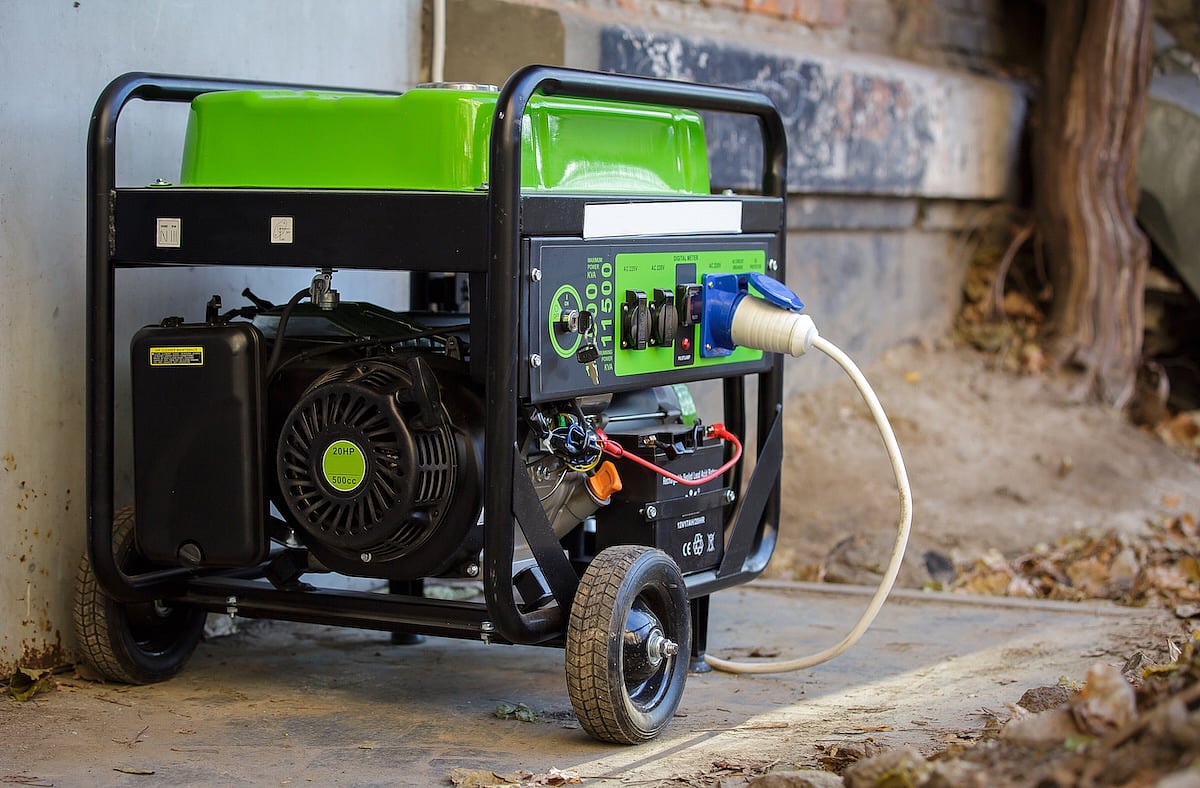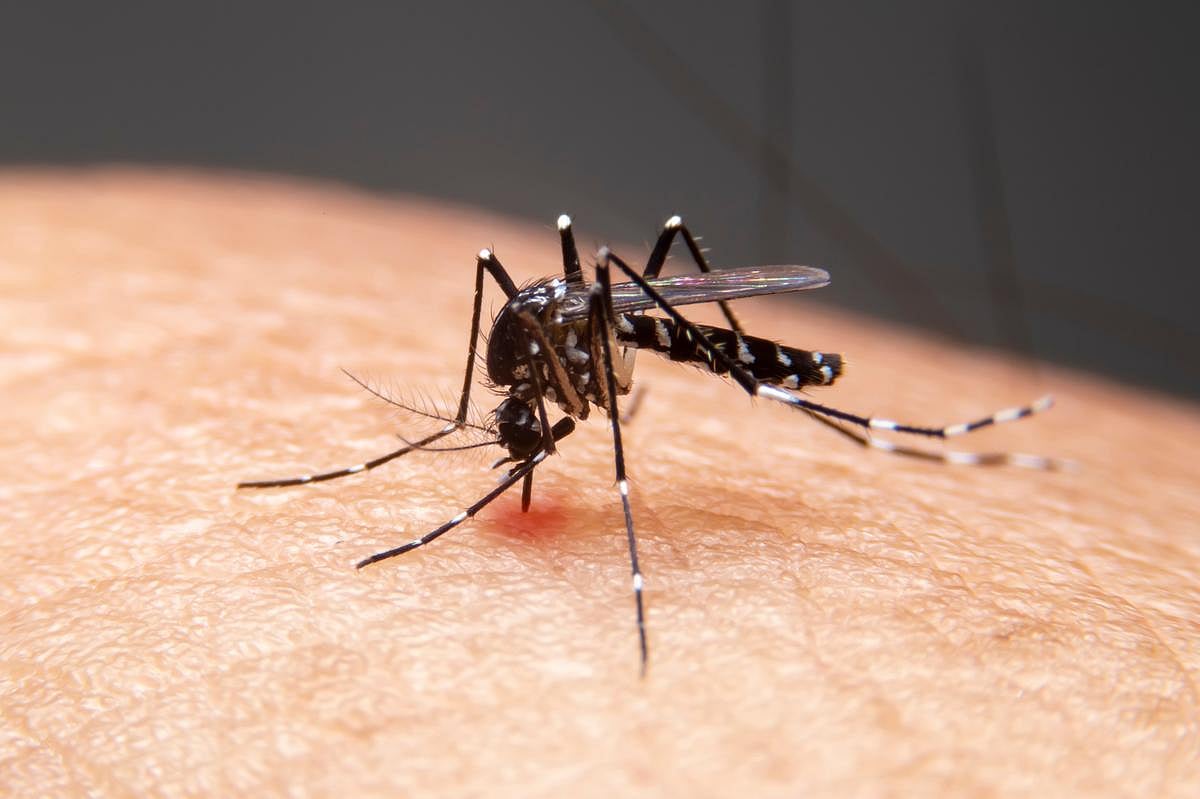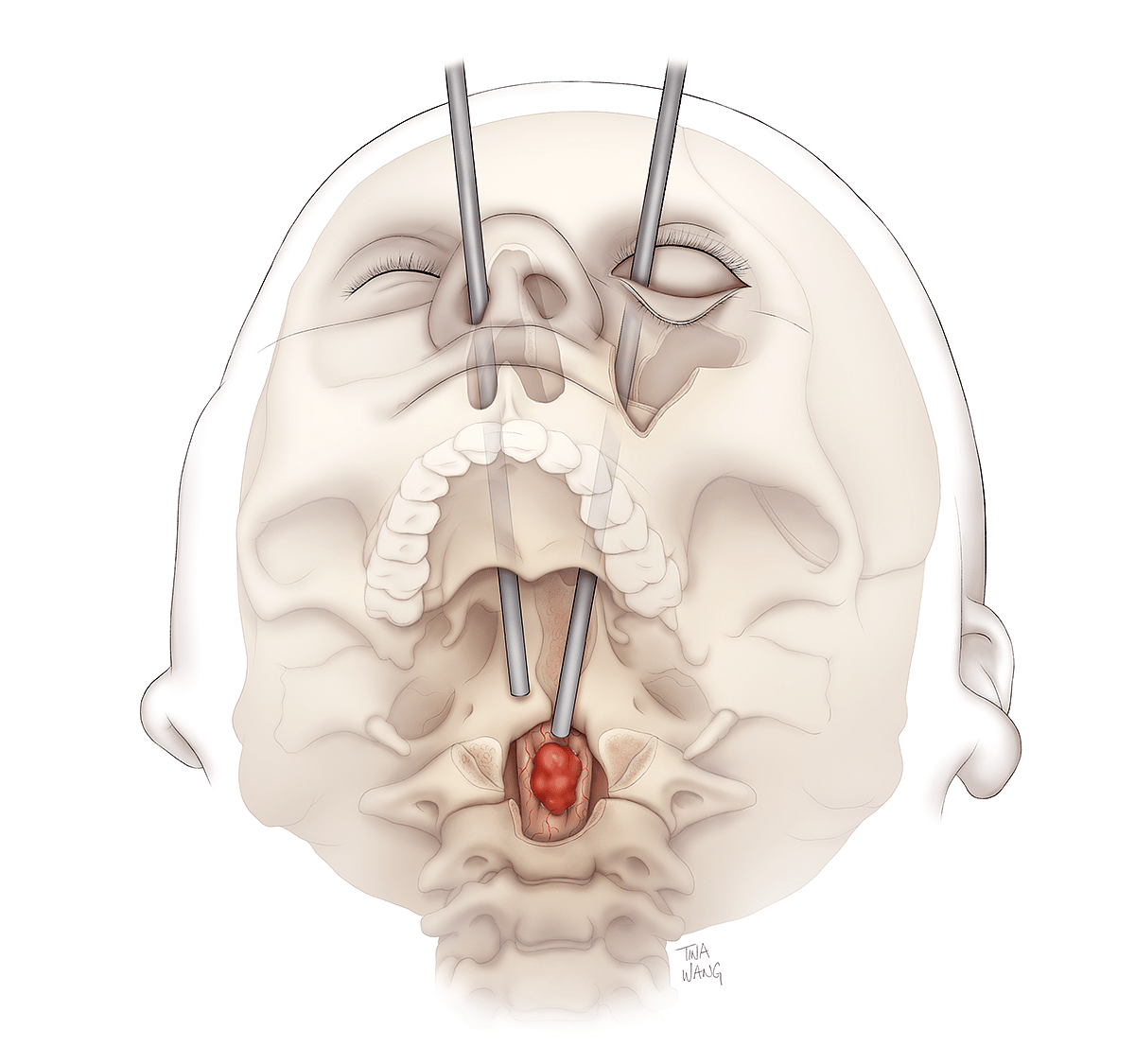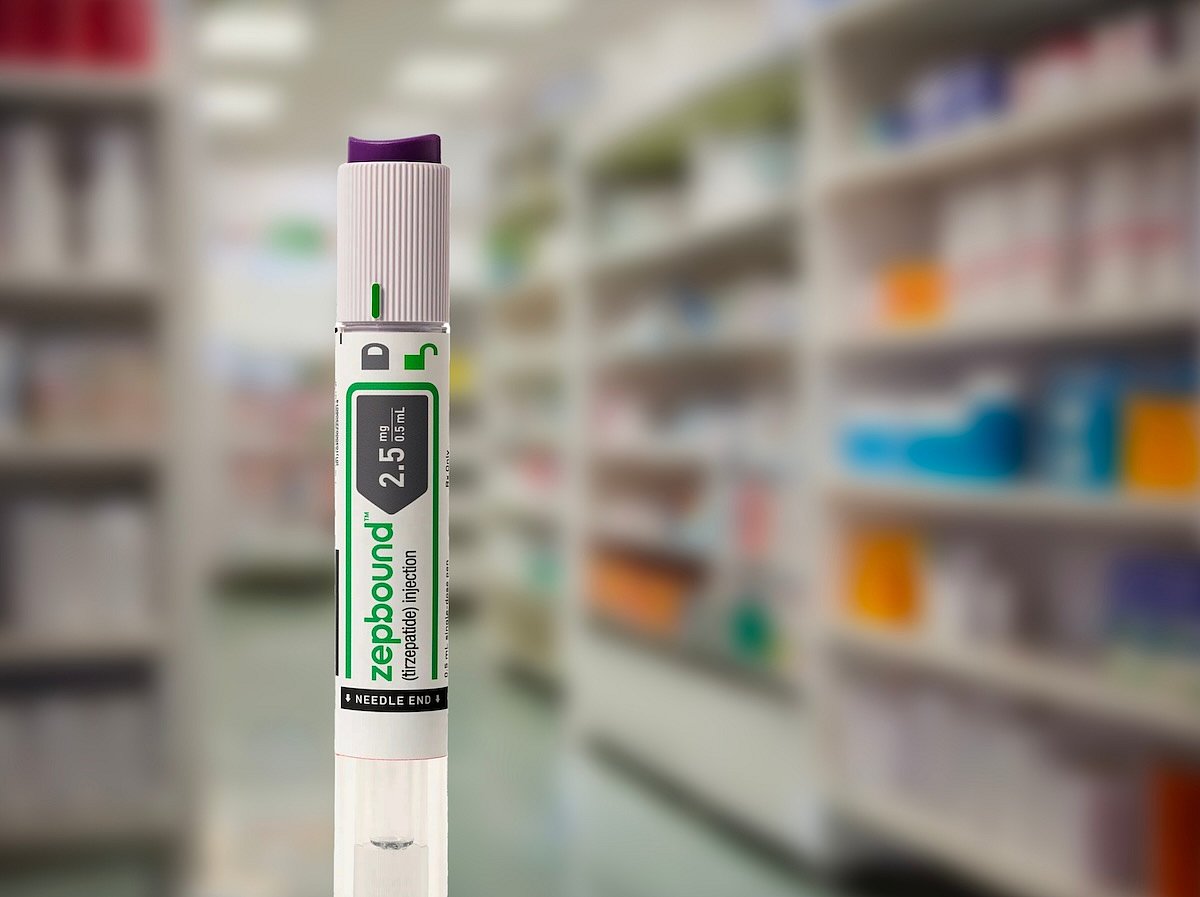
Power outages greatly increase a young child’s chances of carbon monoxide poisoning due to improper use of gasoline-powered generators, a new study says. Children younger than 5 had a more than 50% increased risk of carbon monoxide poisoning during small-scale power outages affecting at least 1% of a community, researchers reported today in the journal… read on > read on >

















